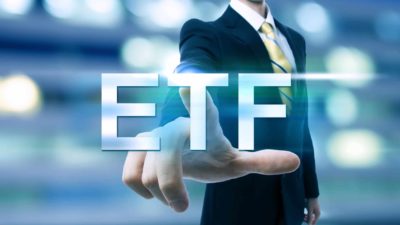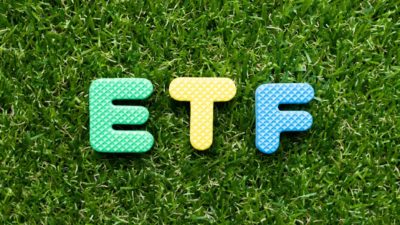The US share market has been an incredible performer for investors, delivering strong compounding for wealth-building. We can access this asset class with ASX-listed exchange-traded funds (ETFs).
According to Vanguard, US shares have delivered an average annual return of 11.1% over the last 30 years. That compares to a 9.1% annual return for Australian shares, an 8.2% annual return for international shares, a 5.6% annual return for Australian bonds, and a 2.7% annual return for CPI inflation over the same time period.
According to Vanguard, investing $10,000 in the US share market's S&P 500 Index (SP: .INX) 30 years ago would have turned into $237,000 by June 30, 2024.
Those returns have encountered various bumps, including the Global Financial Crisis, the COVID-19 crash, and the recent inflation-induced bear market.
Look through the volatility
Seeing our share investment portfolios drop significantly in value isn't a pleasant experience. However, those declines, on a whole-market basis, don't usually last forever.
The Australian Financial Review spoke to Vanguard personal investment head Renae Smith, who said:
There have been various times over the last 30 years when markets have been highly volatile.
In early 2020, for example, global share markets fell heavily amidst the onset of COVID-19. Such events can be very disconcerting for investors at the time.
…most events are typically short-lived. Bear markets on average last less than a year and are generally followed by a bull market, averaging 6.5 years.
It's critically important to understand what your risk appetite is, and based on that, the type of asset classes that are relevant to your risk profile.
If you are only looking at having your money in the market for a relatively short period, say, less than five years, and you've got a relatively low-risk profile, then government bonds are probably more appropriate, as they're lower growth, but also lower risk.
If you've got a higher-risk profile and you've got a longer-term outlook, then you can afford to take a bit more risk in equities like US and Australian shares.
Which ASX ETFs provide US shares exposure?
There are plenty of different ways to focus on the US share market.
Two options are the iShares S&P 500 ETF (ASX: IVV) and the Vanguard US Total Market Shares Index ETF (ASX: VTS), which both provide sizeable exposure to names like Apple, Microsoft, Alphabet, Amazon, Meta Platforms, Nvidia, Tesla and so on.
The IVV ETF has 500 positions, and the VTS ETF has thousands of holdings. Both offer plenty of diversification, partly because many of their holdings generate global earnings — they are not solely reliant on the US economy.
The IVV and VTS ETFs are two of the cheapest ASX ETFs Aussies can buy and have performed strongly for shareholders.
Are they good buys today? Well, the underlying businesses aren't cheap, but the large US businesses have been impressive long-term performers, so I wouldn't bet against them. If the collective earnings keep growing, then they could still be top investment picks to consider.









